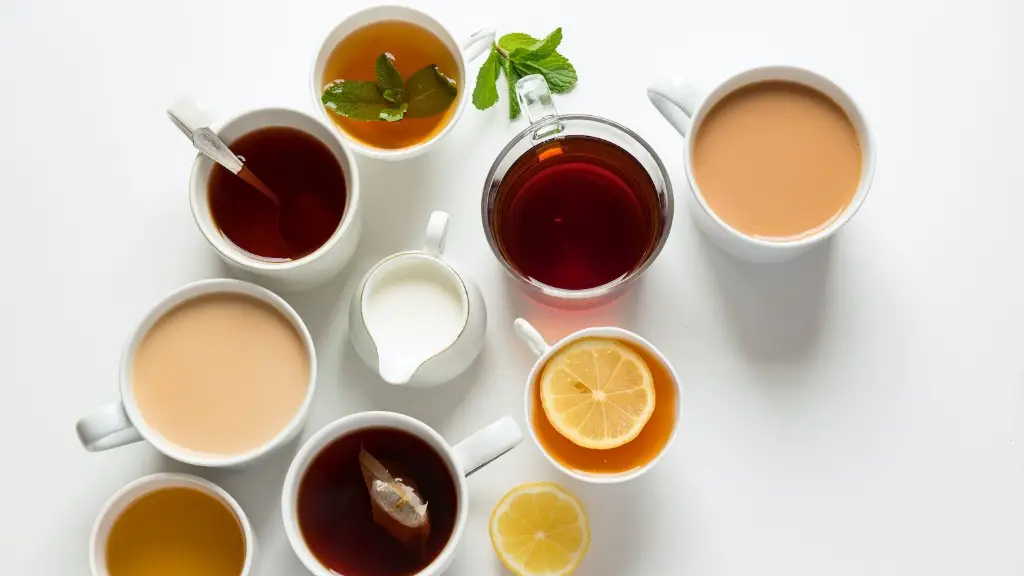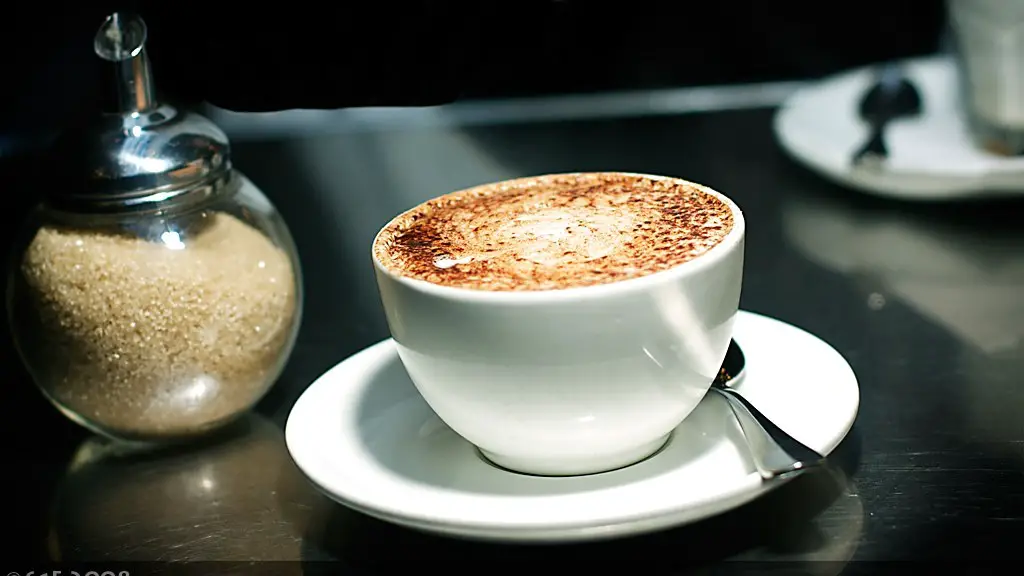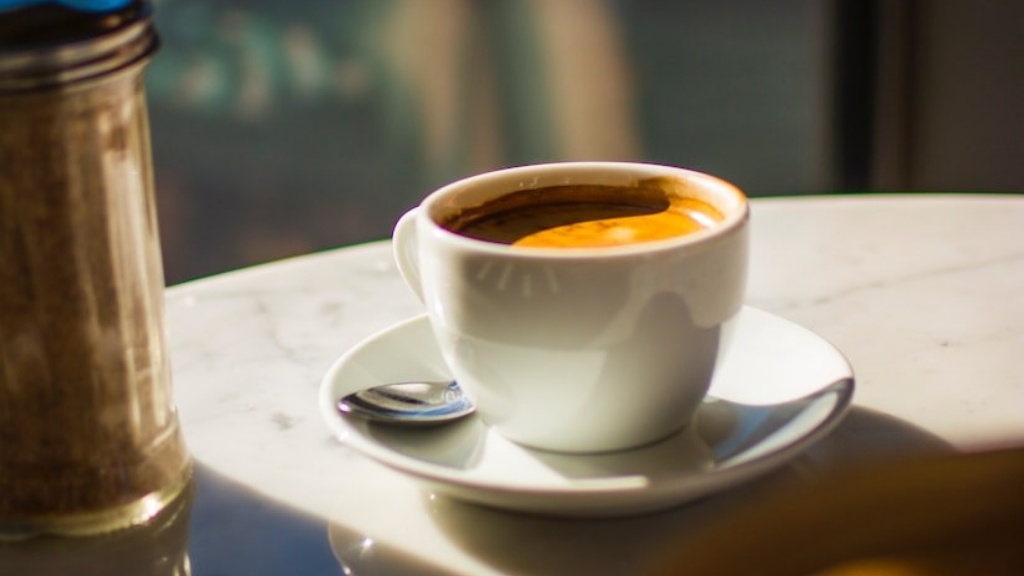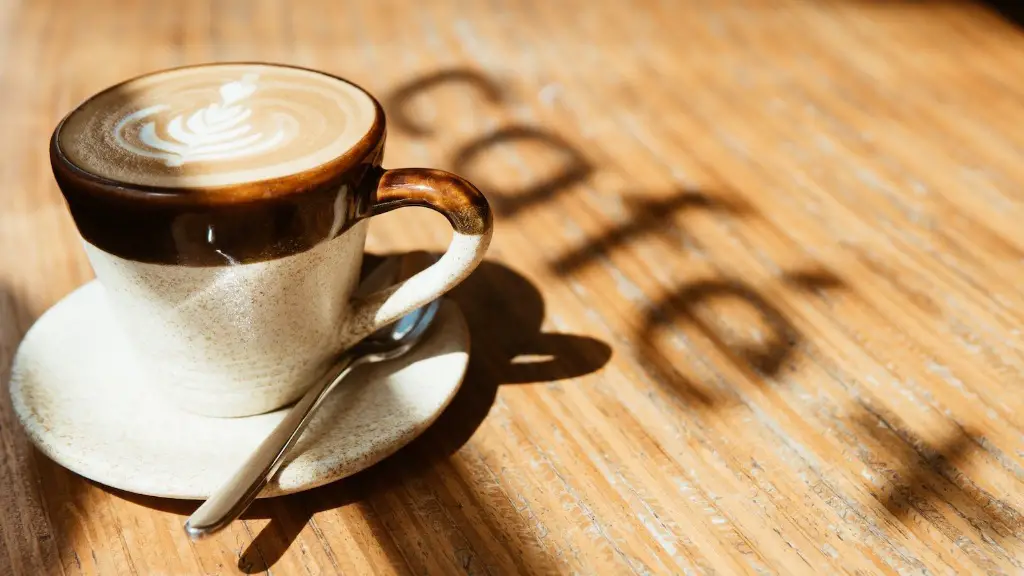Why do I Fall Asleep When I Drink Coffee?
We’ve all had that moment, where despite drinking a cup of coffee we end up feeling more tired than before. So why does the beverage which is supposed to make us more energetic have this effect at times?
The most likely cause of this phenomenon is caffeine tolerance. Caffeine is a known stimulant and has been used for centuries to invoke alertness. However, the human body has the ability to adjust to the presence of caffeine and can develop a tolerance, making it less effective each time.
The adaptation to caffeine intake can mean that although less energy is experienced in the short term, that same amount of caffeine places a greater strain on the body – leading to post-caffeine fatigue or drowsiness.
This problem may be compounded by what is known as ‘adenosine hypothesis’ which suggests that by consuming cups of coffee, it may temporarily bind to adenosine receptors in the brain, leading to drowsiness.
From an anecdotal perspective, there is an affinity to suggest that brewing methods and even the type of coffee bean used can cause some people to be more sensitive to the effects of caffeine.
The general solution to this problem is to manage one’s caffeine intake. The World Health Organisation (WHO) state that the maximum daily intake of caffeine (for adults) is not more than 400mg per day, and this can last until 8 hours after waking. The WHO, however, recommends not to exceed more than 200mg within 4-6 hours.
It may also be advised, to stop drinking coffee completely for a few days, or even weeks, to reset caffeine levels within the body, or drink beverages with smaller amounts of caffeine such as decaffeinated coffee, tea or energy drinks. Finally, one should try to avoid large doses of coffee in the late afternoon and stimulate the body with alternative methods such as exercise, light snacks or thermoregulatory techniques.
Health Risks
Although drinking coffee can temporarily increase alertness, it can also create health issues if not managed in the correct fashion. One of the main issues which can arise from excessive consumption of coffee is dehydration. Due to the diuretic nature of caffeine, drinking that last cup of coffee late in the afternoon is likely to affect the body’s natural hydration process.
To visualise the effects of dehydration, multiple studies have shown an increase in the perception of fatigue due to a decrease in the body’s natural ability to regulate temperature. This has been shown in both laboratory and sports studies where subjects experienced degradation in physical performance.
Diuretics are known to affect the body’s metabolism, leading to an anxious state, hand tremor and an irregular heartbeat. These problems can be minimised through proper timing and quantities of caffeine intake. However, underlying medical conditions, such as high blood pressure, should not be ignored, so advise should be sought from a healthcare professional if any of these symptoms become persistent.
Genetic Variations
Another factor to consider is genetic variation within the ability to metabolize caffeine differently. Studies have linked the human genetic make-up to the effectiveness and availability of caffeine, suggesting that some individuals may be more sensitive to the effects of caffeine than others.
The effect of genetics on coffee consumption has been studied in various populations where it was suggested that the average response of coffee intake was not consistent between each population, but may be linked partially to their genetic background.
These studies, however limited, may explain why some individuals experience the post caffeine-tiredness effect sooner than others. Outside of the research, one may find that by testing different brewing methods, coffee types and caffeine content, one can determine their optimum combination for maximised alertness.
Balance
Ultimately, the key to enjoying the benefits of coffee is balance. Eating the right type of food and managing daily stress can all make a difference to which how one perceives the wide range of effects that caffeine can provide.
Often, the key to avoiding post-caffeine fatigue is to break the never-ending cycle and take a break from drinking coffee altogether. Recharging the body with alternative activities, can help replenish the body’s energy stores, leading to increased mental alertness, clarity and productivity through the day.
Creating Rituals
Finally, creating routines and rituals which avoid fatigue can double the effects of coffee. Whether this be through exercise, listening to music or consuming nutritious snacks in the early afternoon, these activities can provide an enjoyable distraction from fatigue and provide inspiration throughout the day.
In the case of coffee, there are several options to consider before making a decision. Taking into account the effects of caffeine and the manner in which one consumes it, can mean the difference between feeling alert or feeling fatigued.
Determining The Best Time To Drink
Determining the right time of day to drink coffee is key to getting the most out of it. While some may enjoy drinking their coffee in the morning, research shows that waiting until later in the day (early-mid afternoon) is ideal, as this is when tiredness kicks in, and when the effects of caffeine are most beneficial.
In terms of caffeine tolerance, this can vary from one person to the next. Some may find that a single cup of coffee is enough to stimulate the body, while others may require additional cups to feel the effects.
Either way, having a good understanding of one’s own body and its reaction to caffeine can help ensure that fatigue does not become an issue.
Alternative Ways To Avoid Fatigue
If the effects of coffee cannot be determined well enough, there are other methods which one can try in order to maximise alertness. Thermoregulatory techniques, for example, are advocated in improving alertness as the body’s natural temperature can be regulated through methods such as deep breathing or modifications to clothing.
Light snacks such as protein and carbohydrates, can also stimulate mental alertness, while the consumption of B-vitamins can help reduce the effects of fatigue and can help to restore natural energy levels.
As with all activities, some trial and error may be required, however after some experimentation one may find the right type of food, activities and/or beverages which may aid in improving mental alertness.





